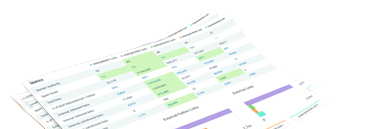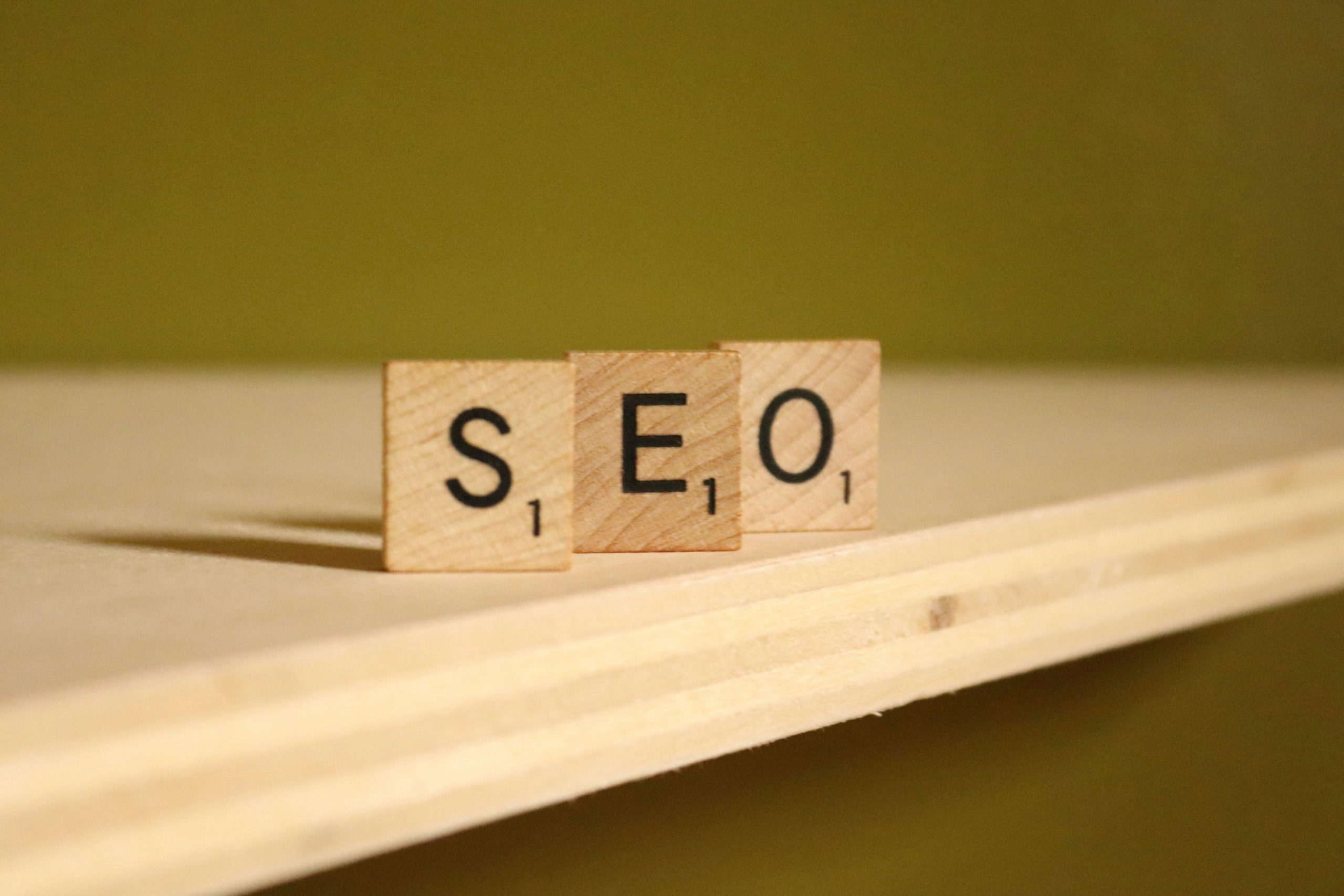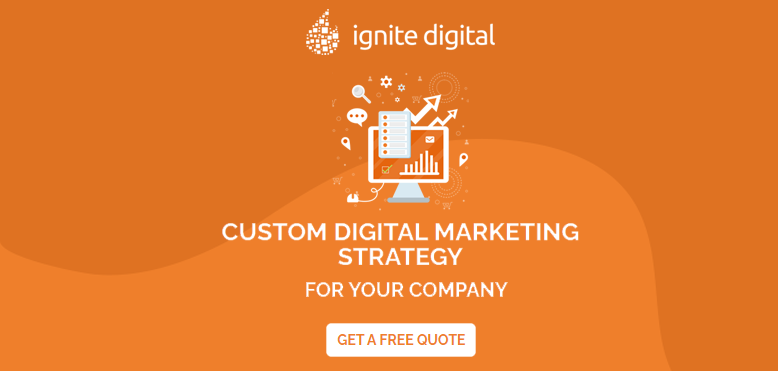In the ever-evolving landscape of e-commerce, Shopify has emerged as a leading platform for businesses seeking to establish and expand their online presence.
As the competition intensifies, Shopify store owners must leverage every available tool to gain a competitive edge.
One such critical aspect that can significantly impact the success of your Shopify store is the strategic implementation of keywords for search engine optimization (SEO).
In this comprehensive blog post, we will delve into the intricacies of Shopify tags SEO, exploring how to optimize SEO on Shopify to drive organic traffic and boost conversions.
Understanding the Fundamentals of SEO for Shopify Stores
Understanding the fundamentals of SEO is crucial for Shopify store owners aiming to boost their online visibility and drive organic traffic. But how to optimize SEO on Shopify? You can consider the following key elements:
- Keyword research
- On-page optimization
- Shopify tags SEO
- Link building
- Mobile optimization
By focusing on these fundamental aspects of SEO for Shopify store, you can lay a solid foundation for improved search engine rankings, increased organic traffic, and ultimately, higher conversion rates.
Conducting Thorough Keyword Research
In today’s competitive e-commerce landscape, conducting thorough keyword research is paramount to the success of your Shopify store’s SEO strategy. How to optimize SEO on Shopify?
To effectively optimize your Shopify store and gain a competitive edge, it is essential to identify and target the most relevant, high-traffic keywords that align with your unique product offerings.
This process involves leveraging advanced keyword research tools and methodologies to uncover invaluable insights, such as:
- Search volumes
- Competition levels
- User Intent
By conducting this in-depth SEO on Shopify analysis, you can strategically incorporate these targeted keywords throughout your Shopify store’s various elements, including:
- Product titles and descriptions
- Meta tags (title tags, meta descriptions, and header tags)
- Blog posts and informational content creation
- Alt tags for images
- URL structures
This strategic integration of relevant keywords will significantly enhance your Shopify store’s visibility in search engine results pages (SERPs), attracting highly qualified leads and driving organic traffic to your site.
As the e-commerce industry continues to evolve and innovate, investing in comprehensive keyword research and SEO for Shopify store will be crucial to maintaining a competitive advantage and long-term success in the digital marketplace.
Optimizing Your Shopify Store’s On-Page Elements
In today’s competitive e-commerce landscape, effective search engine optimization (SEO) is paramount for the success and growth of your Shopify store.
To excel in this domain, it is crucial to master the art of optimizing on-page elements, a fundamental aspect of how to optimize SEO on Shopify.
This process involves the strategic refinement of various components within your Shopify store, ensuring they are not only search engine-friendly but also meticulously aligned with your targeted keywords.
By focusing on the following critical areas, you can significantly enhance your store’s visibility, attract qualified traffic, and ultimately drive conversions:
- Title Tags and Meta Descriptions
- Header Tags
- Product Descriptions
- Image Optimization
- URL Structure
By dedicating time and resources to optimizing these on-page elements, you can elevate your Shopify and SEO performance, outpace competitors, and establish a strong foundation for long-term success in the ever-evolving e-commerce industry.
Leveraging the Power of Shopify Tags SEO
In the dynamic realm of e-commerce, search engine optimization (SEO) has emerged as a critical component for online businesses seeking to establish a competitive edge.
For Shopify store owners, the strategic utilization of SEO on Shopify tags presents a powerful opportunity to elevate their SEO efforts and drive organic traffic to their digital storefronts. By harnessing the potential of Shopify tags SEO, merchants can:
- Streamline Site Navigation
- Amplify Search Visibility
- Optimize Product Filtering
By leveraging the power of Shopify tags SEO, store owners can effectively optimize their online presence, attract qualified traffic, and position themselves for long-term success in the fiercely competitive e-commerce landscape.
As the digital marketplace continues to evolve, those who proactively adapt and implement cutting-edge Shopify and SEO strategies will undoubtedly maintain a distinct advantage in capturing the attention and loyalty of their target audience.
Building High-Quality Backlinks
In the realm of SEO for Shopify store, crafting a robust backlink profile is a pivotal strategy that can catalyze enhanced visibility and competitiveness within the digital landscape.
While on-page optimization techniques, such as the strategic utilization of Shopify tags for SEO purposes, are important, the acquisition of high-quality backlinks from authoritative sources serves as a potent signal to search engines.
To effectively learn how to optimize SEO on Shopify and harness the synergistic relationship between Shopify and SEO, consider implementing the following tactics to cultivate a formidable backlink portfolio:
- Guest Blogging
- Influencer Collaborations
- Broken Link Building
By dedicating resources to these link-building endeavors, you can significantly bolster your off-page SEO on Shopify, ultimately driving increased traffic, enhancing search engine rankings, and solidifying your position as an authoritative player in your industry.
Monitoring and Analyzing Your SEO Performance
In the rapidly evolving landscape of e-commerce, maintaining a competitive edge necessitates a comprehensive approach to SEO for Shopify store.
To ensure the efficacy of your SEO efforts and drive sustained growth, it is imperative to implement a robust system for monitoring and analyzing your SEO performance.
This process involves leveraging advanced analytics tools, such as Google Analytics, to track and evaluate crucial metrics, including:
- Organic traffic
- Bounce rates
- Conversion rates
- Keyword rankings
By consistently monitoring these essential SEO on Shopify metrics and conducting thorough analyses of your Shopify store’s performance, you can make data-driven decisions to refine your Shopify and SEO strategy.
This proactive and adaptive approach empowers you to optimize your Shopify tags SEO, enhance your store’s search engine visibility, and ultimately, fortify your position in an increasingly competitive digital marketplace.
In the dynamic realm of e-commerce, implementing a robust Shopify and SEO strategy is no longer an option but a necessity.
By leveraging the power of Shopify tags SEO, conducting thorough keyword research, optimizing on-page elements, building high-quality backlinks, and continuously monitoring your performance, you can unlock the full potential of your Shopify store.
As you navigate the complexities of SEO for Shopify store, remember that success is an ongoing journey that requires dedication, adaptability, and a customer-centric approach.
By staying at the forefront of SEO on Shopify best practices and consistently delivering value to your target audience, you can establish your Shopify store as a leader in your industry and achieve sustainable growth in the ever-competitive online marketplace.






